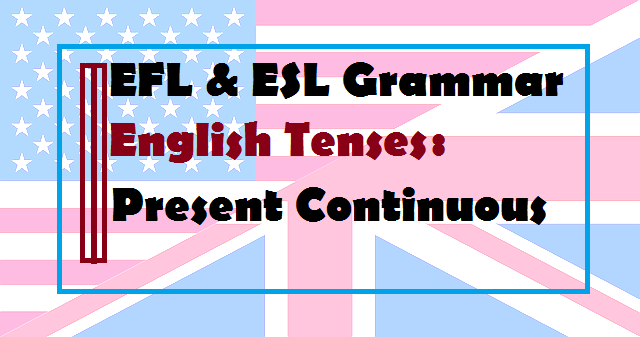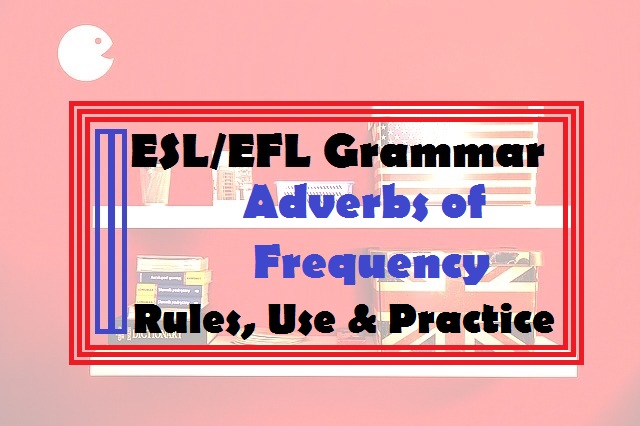EFL/ESL Grammar: English tenses
How to the simple past tense in English
What is the simple past tense?
The simple past tense is used to talk about completed actions that happened in the past at a specific time. The simple past is the most used tense in English in everyday life conversations.

The grammatical structure of the simple past tense:
| Subject + verb (simple past) |
The use of simple past:
- To talk about actions that happened at a specific time in the past.
Examples:
- I saw my friend yesterday.
- I met my cousin two days ago.
- I completed my tasks two hours ago.
- I learned to ride the bike when I was a child.
- I visited my mother, three weeks before now.
- To express frequent actions in the past.
Examples:
- I sometimes went home on feet.
- I always played football on Sundays when I was a child.
- I often brought cookies to school when I was in primary school.
- Sometimes, simple past can be used to talk about actions that happened in the past at unspecific time.
Examples:
- A long time ago, there was water in our neighbor.
- I didn’t visit Egypt ages ago.
- I met an old friend the other day.
The verb “to be” in the simple past: Ex: I was a student of English.
Forms of the simple past tense.
the Affirmative form of simple past |
| I was a student of English You were a student of English He was a student of English She was a student of English We were students of English You were students of English They were students of English |
The negative form of simple past |
| I was not a student of English You were not a student of English He was not a student of English She was not a student of English We were not students of English You were not students of English They were not students of English |
The interrogative form of simple past |
| Was I a student of English? Were you a student of English? Was he a student of English? Was she a student of English? Were we students of English? Were you students of English? Were they students of English? |
Other verbs in the simple past: Ex: I visited London last month.
the Affirmative form |
| I visited London You visited London He visited London She visited London We visited London You visited London They visited London |
the Negative form |
| I didn’t visit London You didn’t visit London He didn’t visit London She didn’t visit London We didn’t visit London You didn’t visit London They didn’t visit London |
the Interrogative form |
| Did I visit London? Did you visit London? Did he visit London? Did she visit London? Did we visit London? Did you visit London? Did they visit London? |
Note:
- To express negation, you have to add (verb do in the past, did) and (not).
- To express interrogation, you have to put (did) before the subject and a question mark at the end.
- Verbs in English are either regular (that take /ed/ in the past tense) or irregular verbs (that completely change in the past tense).
Examples:
- I was very tired when I came from work.
- Were you at school yesterday?
- She wasn’t home when I phoned her.
- I sent her a letter a few days ago.
- Did you know her?
- They met their uncle on the street.
- She didn’t know I was home when she came.
Take Quiz
Check your understanding here....








